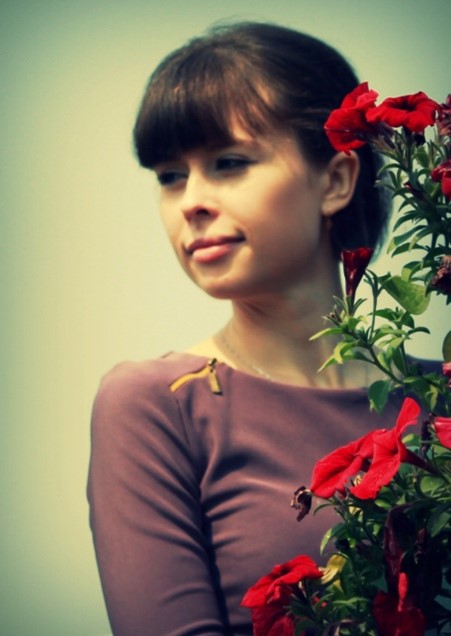The phenomenon of empathy: analytical review of linguistic research
DOI 10.51955/2312-1327_2025_4_
Abstract. The purpose of the article is to analyze the domestic and foreign linguistic research on the problem of empathy. The research material consists of various scientific publications registered in the Russian Scientific Electronic Library eLIBRARY.RU for the period from 1975 to 2025 which contained the lexical unit «empathy» in the titles, as well as publications of foreign linguists devoted to empethy. The author considers the correlation of studies focused on the phenomenon of empathy in various fields of science, on the ground of the statistical analysis of scientific papers metadata and the content analysis. The article substantiates the growing trend of empathy research in linguistics. Based on the frequency analysis of keywords, the specific features of linguistic research of this phenomenon are highlighted. The multiplicity of interpretations of the substantive aspect of the concept of “empathy” has been established. The levels and means of linguistic representation of the phenomenon of empathy which are of interest to modern researchers are noted and the potential of empathy research from the perspective of a discursive approach in linguistics is outlined. The language material of the studies under consideration is characterized. The article identifies possible gaps and points of contradiction in the key aspects of the analyzed scientific papers and outlines the prospects for further linguistic research on the phenomenon of empathy.
Keywords: empathy, linguistic research, communication, discourse, linguistic representation of empathy, language material.
Download article in PDF 450.6 kB



